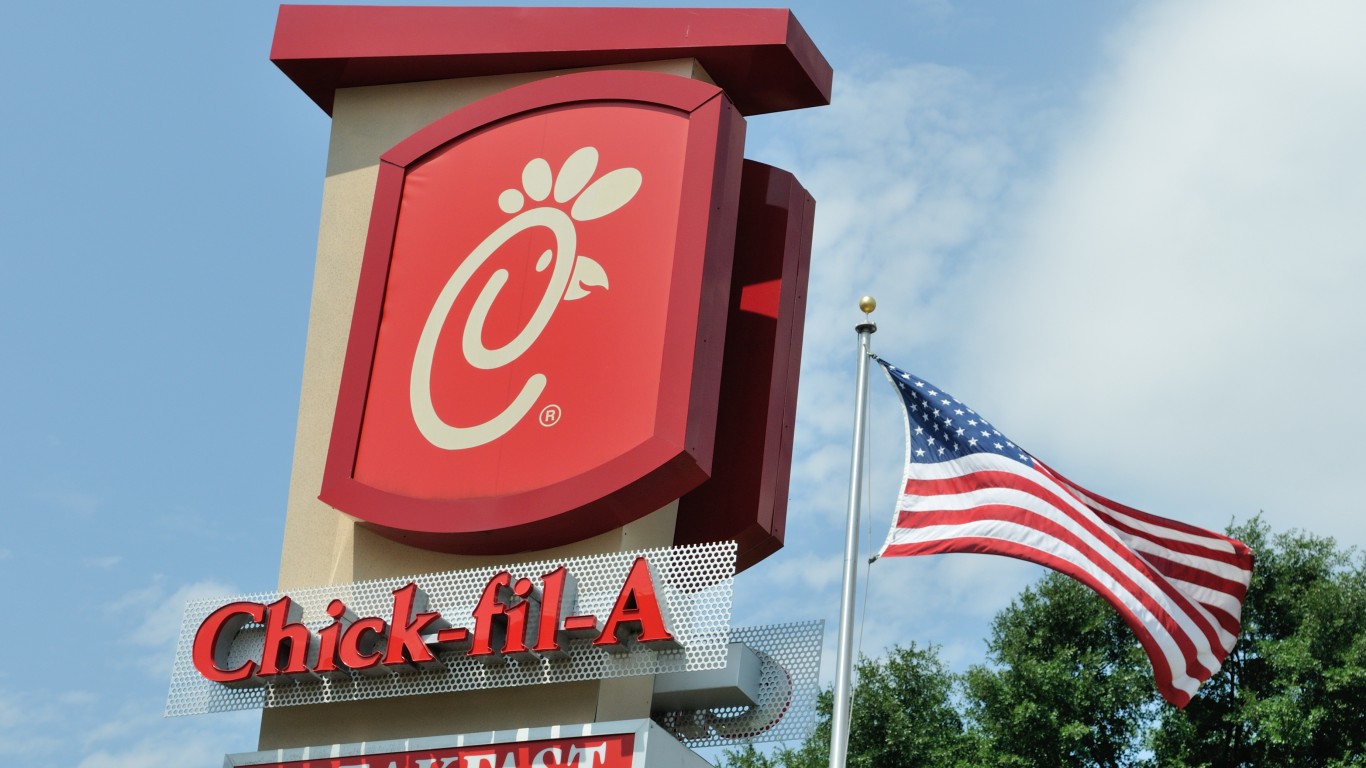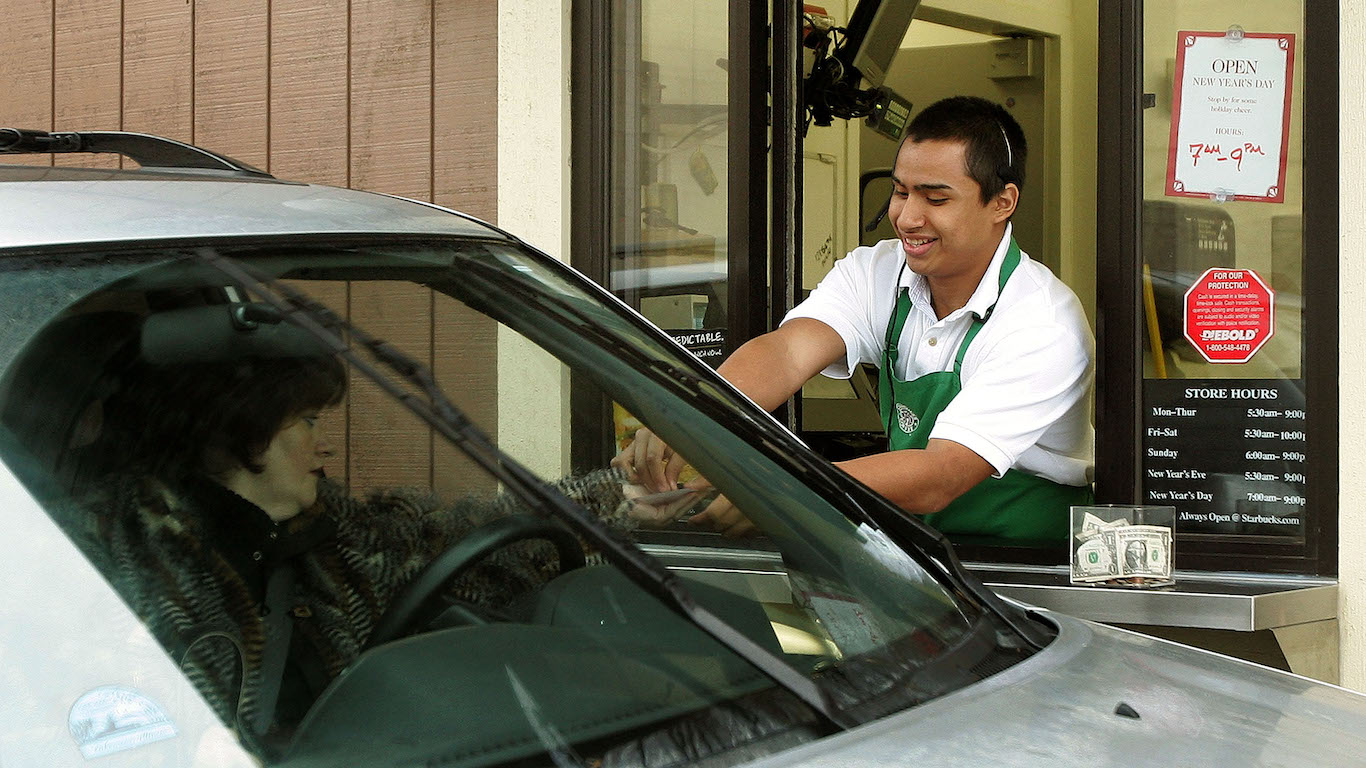

Last week, Lyft Inc. (NASDAQ: LYFT) priced a private offering of $650 million in convertible debt due in 2025. Existing shareholders who weren’t in on the convertible debt offering were not happy. From a price of just over $32, Lyft shares dropped to a low of around $28 just two days later.
Since then, however, Lyft has covered more than $2 of that loss. Investors continue to see the San Francisco-based ride-hailing firm as a good stock to own as the U.S. economy begins to reopen and recover from the lockdowns caused by the COVID-19 pandemic.
In late April, Lyft announced plans to cut 17% of its workforce by laying off 982 employees permanently. The company also announced double-digit pay cuts, furloughs and the closing of some facilities.
The company still faces one major overhang, however. A spate of lawsuits filed in California seek to have Lyft and Uber Technologies Inc. (NYSE: UBER), among others, pay hundreds of millions of dollars in unpaid wages to drivers. The lawsuits also seek civil penalties and an injunction that would permanently force Uber and Lyft to employ drivers as regular employees, not contractors.
The California Law That Has Gig Companies Worried
Last September, the California legislature passed Assembly Bill 5 (commonly referred to as AB5) that set out a three-pronged test of whether an employee should be classified as an independent contractor. The three-factor test requires that a worker:
- Be free from the hiring company’s control and direction in the performance of work
- Is doing work that is outside the company’s usual business
- Is engaged in an established trade, occupation or business of the same nature as the work performed
Uber and Lyft, along with similar privately held firms such as DoorDash, Instacart and Postmates, claim that their apps-based workers are independent contractors. The companies claim that the “vast majority” of drivers value the flexibility of the driving jobs and prefer not to be classified as permanent employees. The companies say they plan to continue to operate as they do now and to fight AB5 in court.
A Ballot Initiative Coming in November
Even before AB5 became effective on January 1, a group comprising Uber and Lyft, among others, had filed proposed legislation to carve out specific labor and wage policies that apply only to app-based drivers and companies. In late March, the group began filing nearly a million signatures supporting an initiative to the November ballot.
Among the provisions of the Protect App-Based Drivers and Services Act are provisions to include a net earnings floor based on 120% of the prevailing minimum wage plus 30 cents per mile. Work hours would be limited during a given 24-hour period and health care “subsidies,” along with occupational accident and accidental death insurance, would be offered. Companies also would have to develop antidiscrimination and sexual harassment policies.
What’s at Stake for the Companies and Their Drivers
Lyft, Uber, Doordash, Postmates and Instacart have committed $110 million to fight AB5. Not having to pay a minimum wage, overtime, unemployment insurance or paid sick leave is a huge benefit for these firms. Drivers also paid their own expenses, including maintenance and fuel. Treating drivers like employees could add 20% to 30% to a company’s expenses.
In order to get on the November ballot, supporters of the measure need to file 623,212 valid signatures by June 30. Of the nearly 1 million signatures submitted, if a random sample projects that more than 110% of the 623,212 are declared valid, then the measure automatically goes on the ballot. If the random sample yields a projection that between 95% and 110% are valid, all the signatures will be checked for validity.
A competing group, the Coalition to Protect Riders and Drivers, opposes the ballot initiative and raised $70,000 to fight the companies’ proposed law. The Transport Workers Union of America has contributed $50,000, and the group has spent $127,011, so far, according to Ballotpedia.
The $110 million that the companies have raised to beat back AB5 is only about two-thirds of the amount that was raised to pass an initiative allowing Native Americans to operate casinos on tribal lands in the state. But it’s not far behind a $122 million failed effort to limit prescription drug prices for low-income families.
Lyft stock remains down about 27% for the year to date, more than three times worse than the drop in the S&P 500 for the same period. AB5 is an enormous threat to the cost structure of Lyft and all the other ride-hailing and delivery services. Unless the companies can persuade voters, Lyft and the rest will have to choose between withdrawing from California altogether or trying to make up the loss somewhere else. Not a happy place to be this year.
Sponsored: Want to Retire Early? Start Here
Want retirement to come a few years earlier than you’d planned? Orare you ready to retire now, but want an extra set of eyes on your finances?
Now you can speak with up to 3 financial experts in your area for FREE. By simply clicking here you can begin to match with financial professionals who can help you build your plan to retire early. And the best part? The first conversation with them is free.
Click here to match with up to 3 financial pros who would be excited to help you make financial decisions.
Thank you for reading! Have some feedback for us?
Contact the 24/7 Wall St. editorial team.
 24/7 Wall St.
24/7 Wall St.


